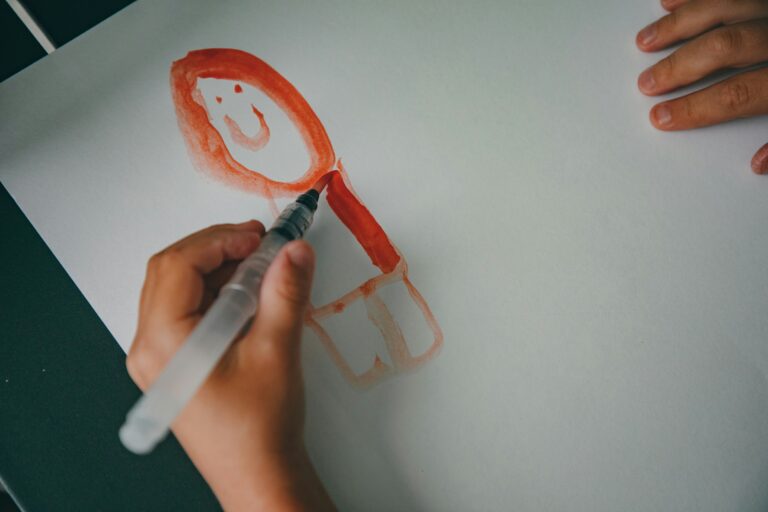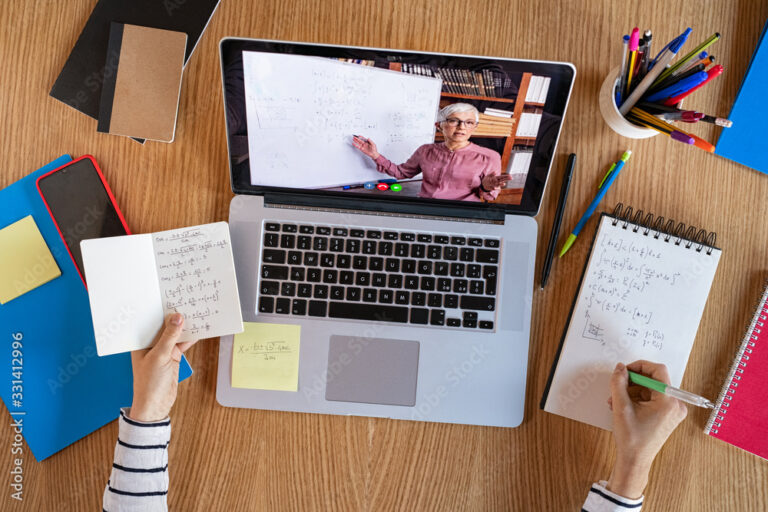Working hours
Mon - Fri: 8am to 5pm
Mon - Fri: 8am to 5pm
Menu

How do you best find out about a young child’s development? You go and play with them!
This course looks at fun practical games and play situations that practitioners can create with their children to observe and understand in more depth where their developmental stages might be in:
– underlying play skills
– speech and language skills
– sensory and motor skills
– social and emotional skills
and through play and observation be able to identify next steps to give the right support.
By the end of this course you should be able to:
For more detailed information about booking training courses see our Training FAQ’s
A key responsibility in the Code of Practice for Early Years SENDCos is ensuring that their setting identifies when young children may have additional needs, and supporting their keyworkers to carry out quality initial assessments. Parents and keyworkers often have questions about how to tell when they are concerned for a child; how can they be sure if this is a typical stage of development or if there is a need there that could be supported?
To book this course, select the number of tickets and then enter the attendees names

We are currently delivering our courses via Zoom Live. We use a lot of different methods to make sure courses are as interactive as possible and do expect delegates to have cameras on and sound on when required. We also request that you take part in the feedback on our courses so that we can improve our services every time. We provide individual certificates for all of our courses.

We can deliver to either your individual setting or to a group of settings arranged by yourself.
To find out more about this then please either…

£25.00
Millennium House, High Street,
Studley, Warwickshire, B80 7HJ.